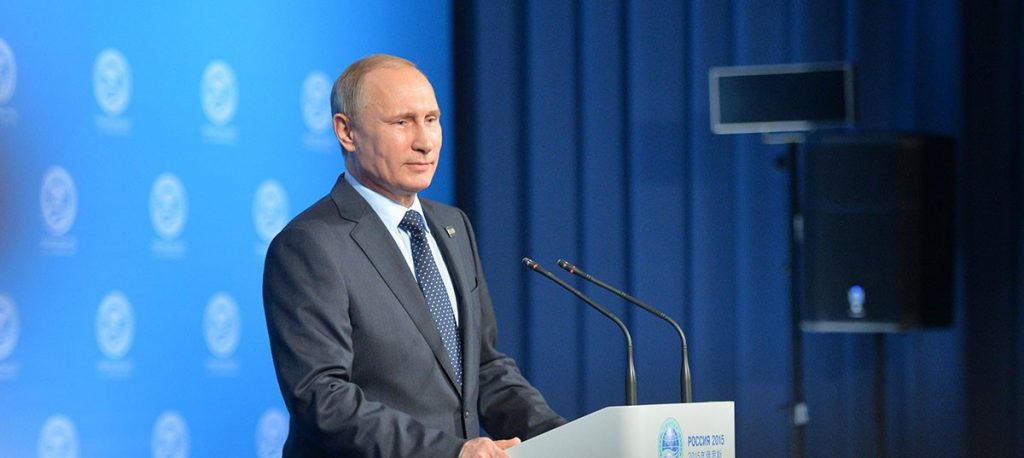Why Is Islam the World’s Fastest-Growing Religion?
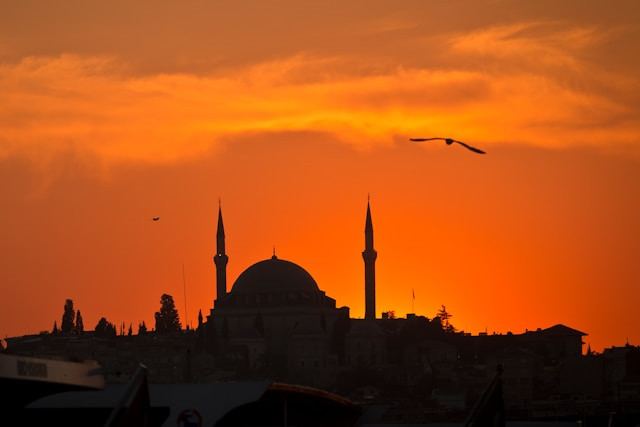
©️ Simon Infanger / Unsplash
In recent years, Islam has emerged as the fastest-growing religion globally. Projections done by the Pew Research Center suggest it will surpass Christianity as the world’s largest religion by the latter half of this century. By 2060, Muslims are projected to constitute 31% of the world’s population, nearing the Christian population’s share at 32%. This underscores the significant demographic shift towards Islam in the coming decades.
Why Is Islam the Fastest Growing Religion?
According to a 2017 report by the Pew Research Center, this phenomenon is rooted in a multitude of factors spanning demographics and historical context. Socio-political dynamics and modern-day influences also play a great role. Understanding these elements sheds light on the remarkable growth trajectory of Islam. Continue reading to learn about these factors in more detail.
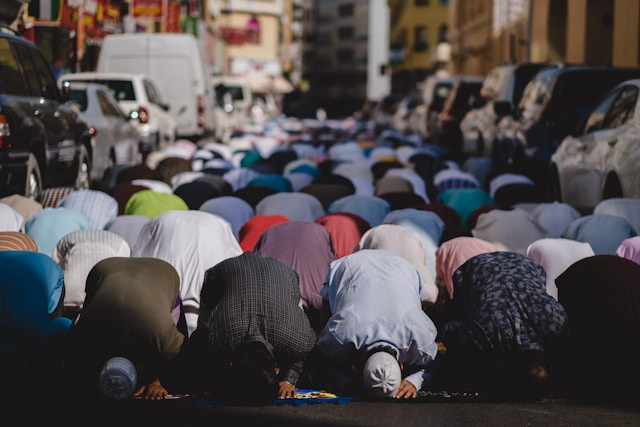
Historical Expansion
BestDiplomats.org suggests that historical growth plays a major role. The historical spread of Islam, dating back to the 7th century, played a pivotal role in establishing its presence across vast territories. From the Arabian Peninsula to regions as far-reaching as Spain and the Indian subcontinent, Islam’s expansion was driven by a combination of peaceful propagation and military conquests. This historical legacy continues to shape Islam’s global influence and growth course.
Demographic Trends
According to the Pew Research Center, Muslims are projected to experience remarkable growth, with their population expected to increase by 70% between 2015 and 2060. This tops the overall global population growth rate, highlighting the rapid expansion of Islam.
Islam’s exponential growth is strongly linked with high birth rates among Muslim populations globally. Muslim women, on average, have 2.9 children. This is significantly higher than the global average of 2.4 children per woman, the Pew Research Center reports. This contributes significantly to the overall increase in the Muslim population. Moreover, Muslims have the youngest median age of all major religious groups, with a median age of 24 in 2015. The youthful demographic profile of Muslim communities further drives population growth, securing a continuous cycle of expansion.

Geopolitical Dynamics
The political landscape within countries with Muslim-majority populations significantly influences Islam’s portrayal and growth trajectory. Political stability fosters a helping environment for religious expression and growth, while geopolitical events shape global perceptions of Islam. Moreover, international relations and diplomatic ties impact the geopolitical expansion of Islam, spreading its influence beyond geographical boundaries.
Community Support and Social Media
According to BestDiplomats.org, community cohesion and social support networks within Muslim communities serve as catalysts for growth. Accordingly, mosques, educational programs, and charitable initiatives foster a sense of belonging and identity among Muslims. They contribute to the preservation and propagation of Islamic values. Additionally, social media platforms amplify the narrative surrounding Islam, easing global connectivity and dispelling misconceptions.
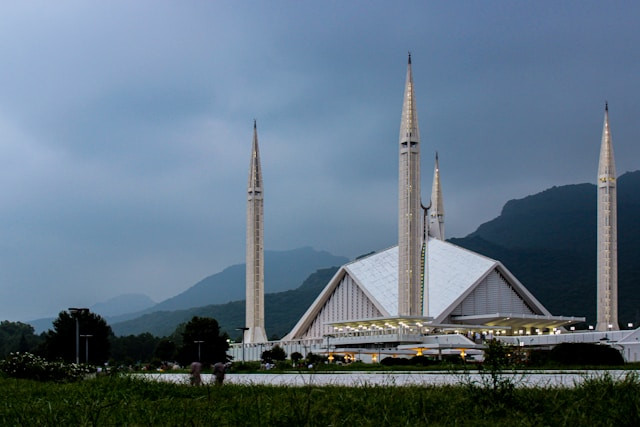
Religious Flexibility and Conversion Rates
Islam’s adaptability to diverse cultural contexts and its emphasis on core principles attract individuals seeking spiritual fulfillment. Conversion rates underscore Islam’s dynamic appeal. Factors such as community support, personal connections, and high-profile conversions are influencing individuals’ decisions to embrace the faith. Furthermore, Islam’s openness to interpretation and religious flexibility include varying degrees of religious agreements, nurturing inclusivity and growth.
Misconceptions and Islamophobia
In combating Islamophobia and misconceptions surrounding the faith, proactive measures are vital. Educational initiatives, interfaith dialogues, and social media platforms play a crucial role in debunking myths. Furthermore, they promote a nuanced understanding of Islam. By promoting open dialogue and promoting accurate portrayals, efforts to address misconceptions contribute to a more tolerant and informed global community.
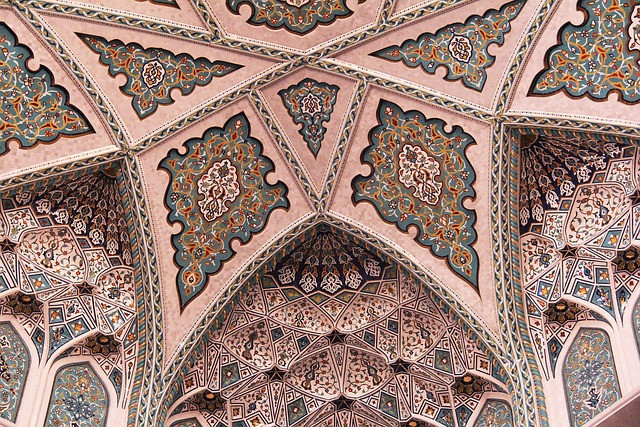
The unmatched growth of Islam as the world’s fastest-growing religion reflects a number of demographic trends, historical legacies, socio-political dynamics, and modern influences. As Islam’s global print expands, understanding the multifaceted factors driving its growth remains crucial in appreciating its value on the world stage.
What do you think of these developments? Tell us in the comments.
You may also like: It’s Confirmed! Japan’s Population Is 80 Years and Older


